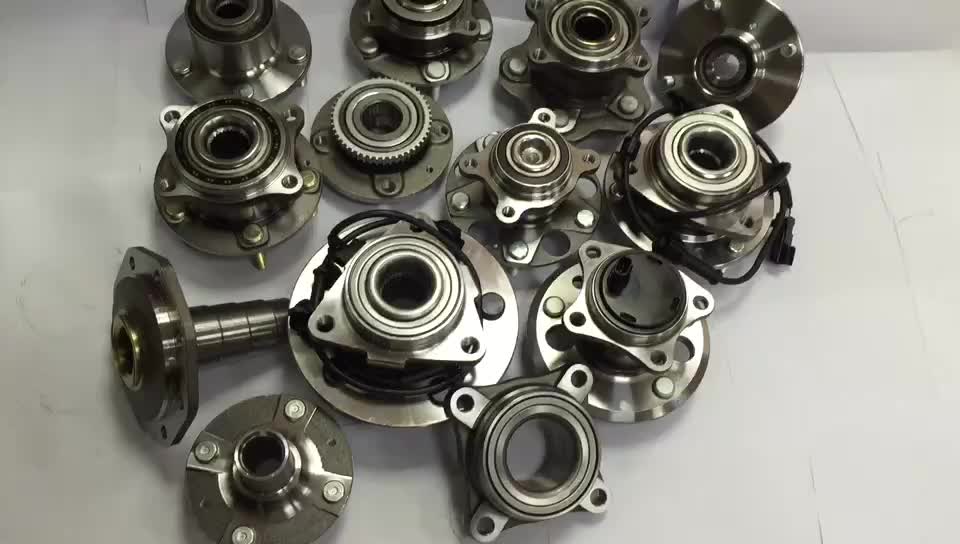When driving your car, you probably need to consider how many components work together to keep you moving forward. But you might notice when something goes wrong, like a bad hub bearing. So how do you know if you’re dealing with a bad hub bearing?
This blog post will cover some common symptoms of bad hub bearings so you can stay aware and get the repair you need!
Growling or rumbling noises
If you hear a low-pitched sound from your car that seems to get louder or change pitch as you accelerate, it could be a sign of bad hub bearings. This is caused by the bearings failing to support your wheels properly, allowing them to vibrate and make noise.
Vibration in the steering wheel
Similarly, if you feel a vibration in your steering wheel when you’re moving, it could also be a sign of bad hub bearings. This is because the failed bearings can cause the wheels to wobble, affecting the steering components.
Uneven tire wear
When hub bearings fail, they can cause the wheels to sit at an angle, creating uneven wear patterns on your tires. This is often most noticeable on the front tires but can happen on any of the wheels.
Loose or wobbly wheel
A more obvious symptom of bad hub bearings is a loose or wobbling wheel. You might notice this while driving or when you try to wiggle the wheel when the car is parked. This is a surefire sign that something is wrong with the bearings.
ABS light comes on
Some cars have sensors that detect when a wheel isn’t spinning properly, which can happen if there’s a problem with the hub bearings. In this case, your ABS light may alert you to the issue.
Snapping, clicking, or popping sounds
Another strange sound you might hear if your hub bearings fail is snapping or popping. This usually happens when you turn the car, as the movement puts extra pressure on the already-damaged bearings.
Steering seems to wander
When your hub bearings fail, your wheels might shift slightly, even if you’re not trying to change direction. This can make the steering feel loose or unresponsive.
Grinding sensation
Finally, as your hub bearings continue to wear down, you might hear or feel a grinding sensation in your wheels. This is often caused by metal-on-metal contact as the bearings disintegrate completely.
Where to Buy Premium Quality Hub Bearings?
When it comes to maintaining our vehicles, the cost of replacement parts can add up quickly. That’s why finding a reliable and affordable solution is key.
So, get code of A-Premium – a company that specializes in providing premium quality hub bearings for your vehicle. Their products are crafted with precision and attention to detail, ensuring that you can trust them for long-lasting performance.
Plus, with their competitive pricing, you can save money without sacrificing quality. Whether you’re a serious car enthusiast or just in need of some basic repairs, A-Premium is worth checking out for all your hub bearing needs.
Conclusion
If you’re experiencing any of these symptoms, getting your car checked out by a professional as soon as possible is important. Bad hub bearings can make your car unsafe to drive, and they’ll only get worse over time. Luckily, replacing the bearings is usually a relatively straightforward repair so that you can get back on the road quickly.
